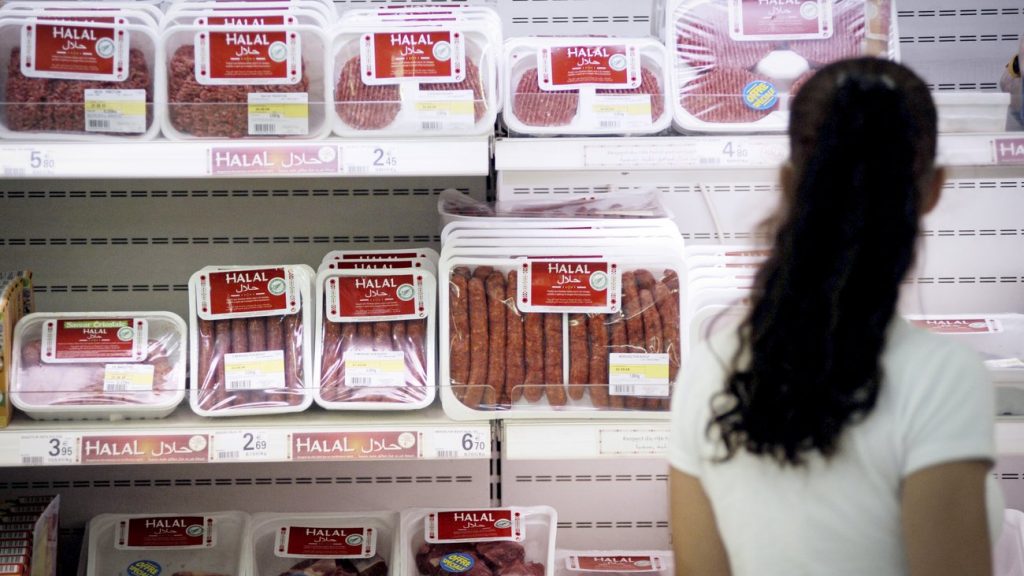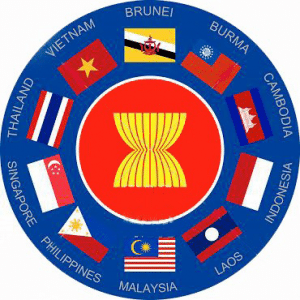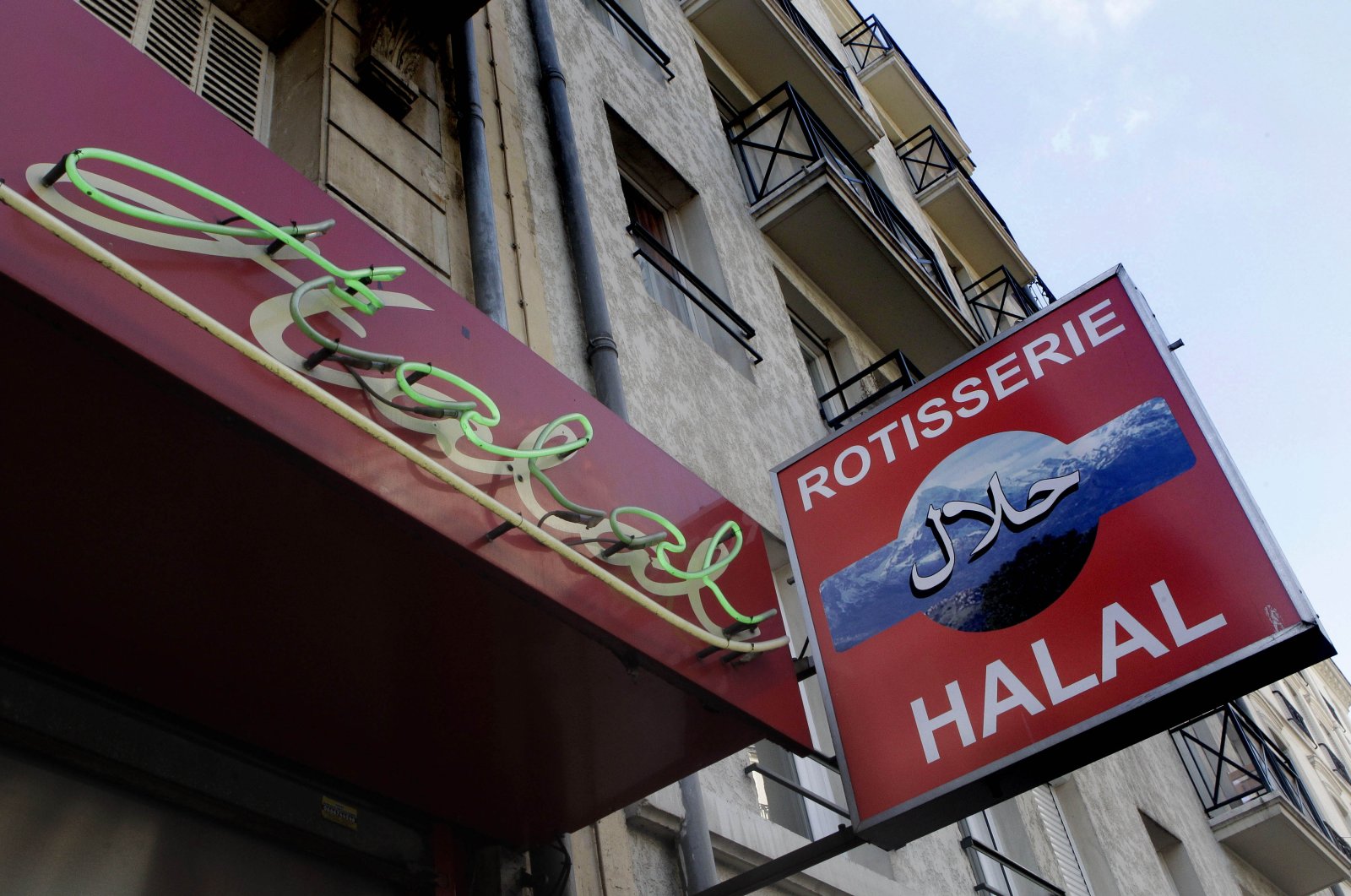The European Committee for Standardization (CEN) set up a Working Group to analyse the feasibility of a European Standard on halal food. Its first meeting was held late October 2010 by the Austrian Standards Institute in Vienna.
Brussels (26 November 2010) – In the European Union, halal food generates sales of around 600 billion euro annually. For recall, halal food is food whose consumption is permitted for Muslims under Islamic law. This market — 16 million Muslims live in the EU — records strong growth. Some companies already included halal food in their commercial strategy such as the French fast-food chain Quick, which now offers specialised establishments where customers are offered only halal meat. Following Daniel Lucht, Senior Retail Analyst of London-based Verdict Research, there is therefore a need for a harmonised halal standard in Europe in order to ensure trust and safety both throughout the value creation chain and for the consumers.
On 25 October 2010, the Austrian Standards Institute (ASI) convened the first meeting of the new Working Group ‘Halal Food’ in Vienna. The members of this working group are experts from various countries, including Turkey as well as Bosnia and Herzegovina. Additionally, it includes representatives of European organisations, such as ANEC, the European consumer voice in standardisation, and the European Livestock and Meat Trading Union. The task of the Working Group (CEN/BT WG 212) is to analyse the feasibility of a European Standard regulating the requirements for halal food. One standard for all halal foods.
At the first meeting, the members agreed that a future European Standard should cover all foodstuffs and should not be limited to meat products. The suggestion of including products like drugs and cosmetics was rejected for the time being. Moreover, the Working Group decided to focus on the entire food chain and not merely on parts of it, such as production.
At the meeting, the Working Group experts shared their own country’s experiences regarding halal food, e.g. whether the countries have applicable legal regulations and standards, which requirements they contain and which reference documents are used for certification, if any. Moreover, they began to prepare an overview of Islamic communities and their position in the various European countries. The working group also intends to co-operate with the Organisation of the Islamic Conference (OIC) in order to benefit from its experiences in the development of consensus-based specifications in the field of halal food.
All these efforts serve for preparing the development of a European Standard on halal food that is recognised by Muslims, whose requirements are in line with applicable legislation and that can also be implemented by the actors of the food chain. In Austria, the standard ONR 142000 ‘Halal food — Requirements for the food chain’ was already published in November 2009.



